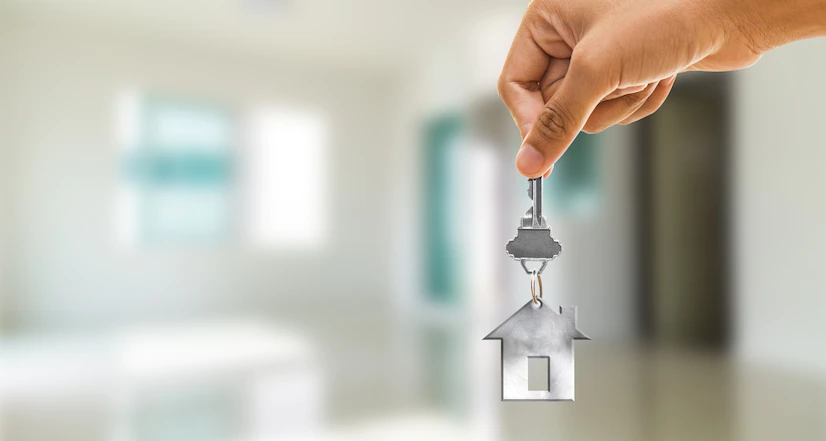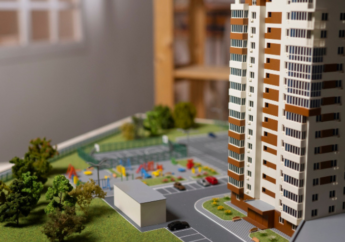6 Things Landlords Should Ensure Before Leasing A House To A Tenant
by Abdul Aziz Mondal Real Estate 02 July 2022

Leasing a house or property is profitable. However, before you do that, you should know that it is risky too. So, keep these things in mind before you lease a house or property to a tenant.
1. Find the Right Tenant
The most important thing a landlord should ask themselves before leasing their property to a tenant is whether or not the tenant is the right fit for them. There are many things to consider when choosing your tenants, but here are some of the most important.

- Will they pay the rent on time?
- Will they take care of the property?
- Will they cause problems for other tenants?
- Will they cause problems for the landlord?
- Will they cause problems in the neighborhood?
As long as you are satisfied with the answers to these questions, you will have nothing to worry about when leasing the house.
2. Ensure the House Is in Good Condition
You should ensure the house is in good condition. That means making sure that the house is clean, safe, structurally sound, well maintained, and properly insulated.
A clean property is not just tidy with no clutter but also free of mildew or mold. It should be free of any insects or rodents that can cause health problems for your tenants. The house should be structurally sound so that it does not sag or collapse under its weight.
In addition to all this, it is essential to keep up with routine maintenance such as repainting every few years and replacing worn-out flooring materials like carpeting. A well-maintained property will look nicer than one where maintenance has been neglected over time.
Landlords may want to consider having their tenants help maintain certain parts of their homes. These can include painting rooms and fixing or replacing any fixtures before moving out.
3. Draft a Rental Agreement
Once you have found a tenant, you need to draft a rental agreement. That is to make sure that everything between both parties (you and your tenant) have been agreed upon. The agreement will help you if you are ever in any legal trouble with your tenant or anything involving them.

Your agreement should include the following information.
- The address of the property being leased.
- The start and end dates of your lease.
- The amount of rent, security deposit, and other fees associated with renting out your property.
- The fines your tenants must pay if they damage the property.
- How often and by what method you will increase rent each year (if applicable).
- Specify whether or not you will accept payment via check or automatic bank transfer.
- Any rules regarding pets or smoking on the property that apply specifically to this tenancy only.
4. Have a Plan in Case of Damage or Theft
It is imperative to have a plan in place for handling damage and theft. While it may be easy to prepare for these things, it is also important to remember that tenants can be very messy.
Having landlord insurance can help you in this regard. It can cover property damage, as well as delayed rent payments. You should also make sure you have a plan for dealing with tenant disputes, complaints, and evictions.
5. Rent Your Property Legally
As a landlord, you need to make sure your property is legal. Residential rentals are regulated by local governments, and certain requirements must be met before renting out a house.

If you are not sure about the legality of your rental property, contact your city hall or county government for more information. They will inform you about what kinds of permits and registrations you might need.
Most likely, there will be some kind of permit or registration fee that goes along with renting out a home in your jurisdiction. However, it is worth it because the process will ensure that your tenant has access to safe living conditions and other basic needs such as internet service, running water, and electricity.
6. Seek Help from a Lawyer or Real Estate Professional When in Doubt
Seek help from a lawyer or real estate professional when you have questions about the law in your state. You can also get in touch with them to find out how to draft a rental agreement and other legal documents and what insurance coverage you should have as a landlord. A good attorney will know all these things and can guide you through the process of leasing your property.
There are plenty of ways things can go wrong when it comes time to lease out real estate. So, make sure you know what those risks are before making any decisions about whether or not this particular partnership makes sense financially speaking.
Additionals:



































































































